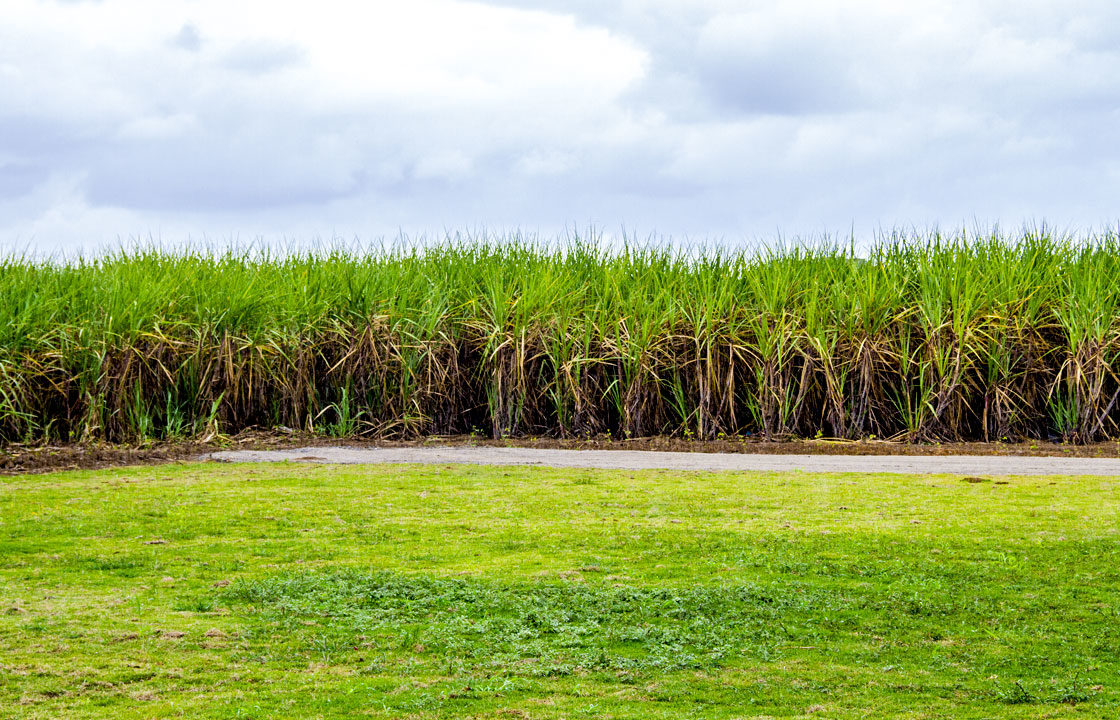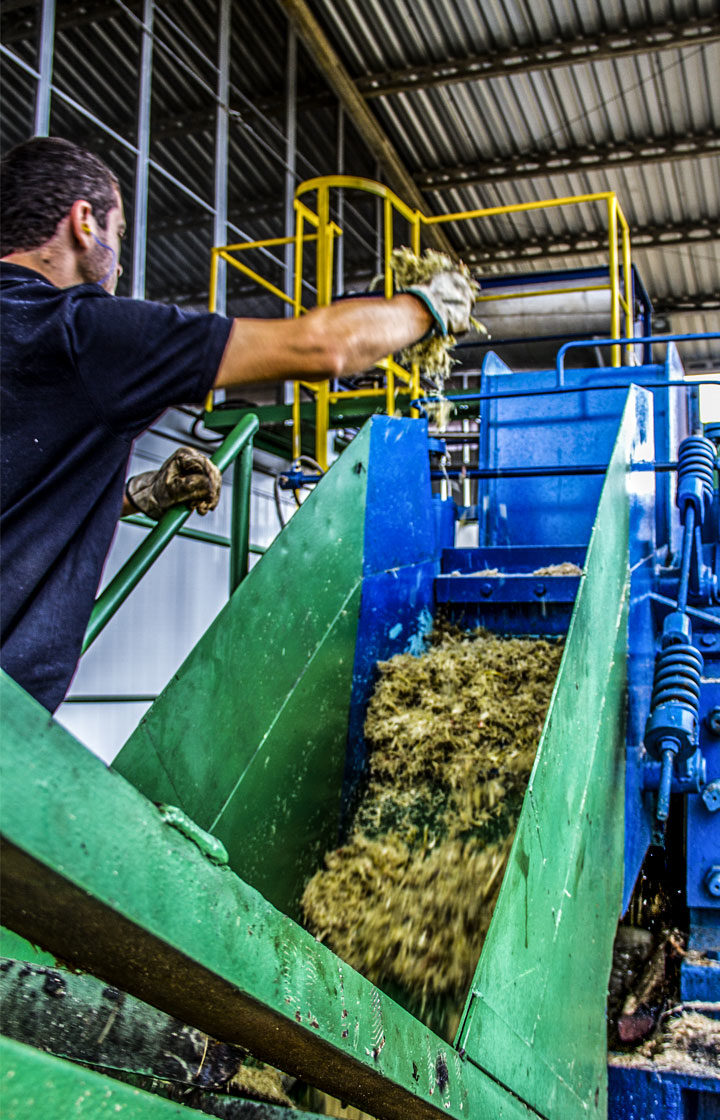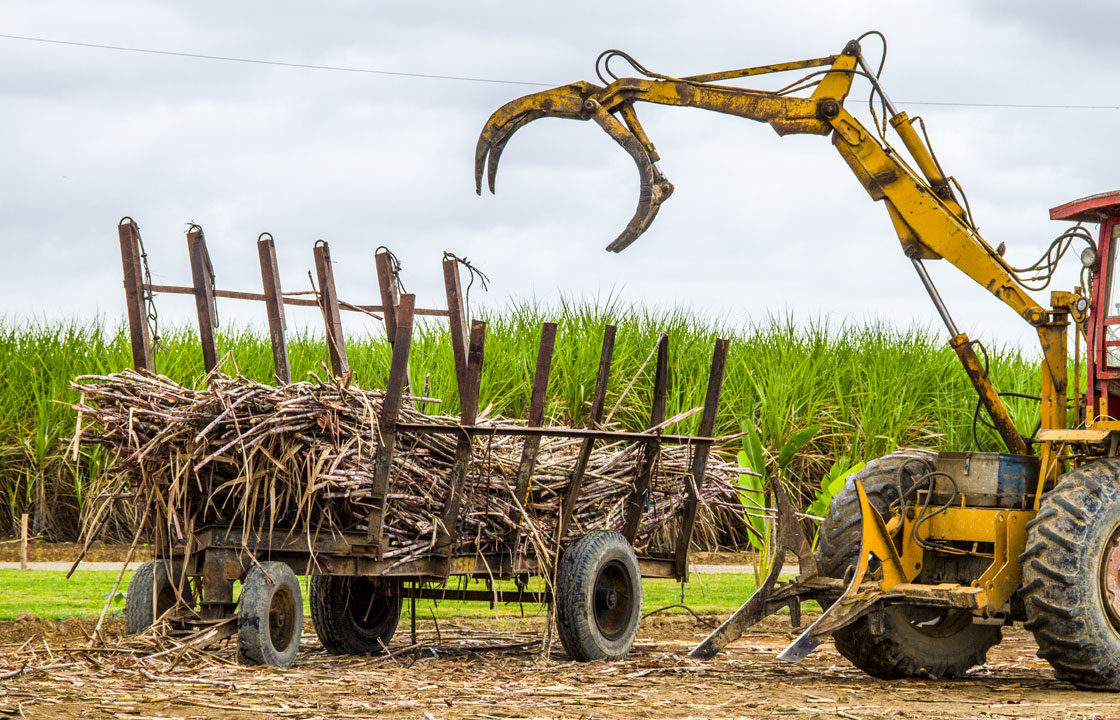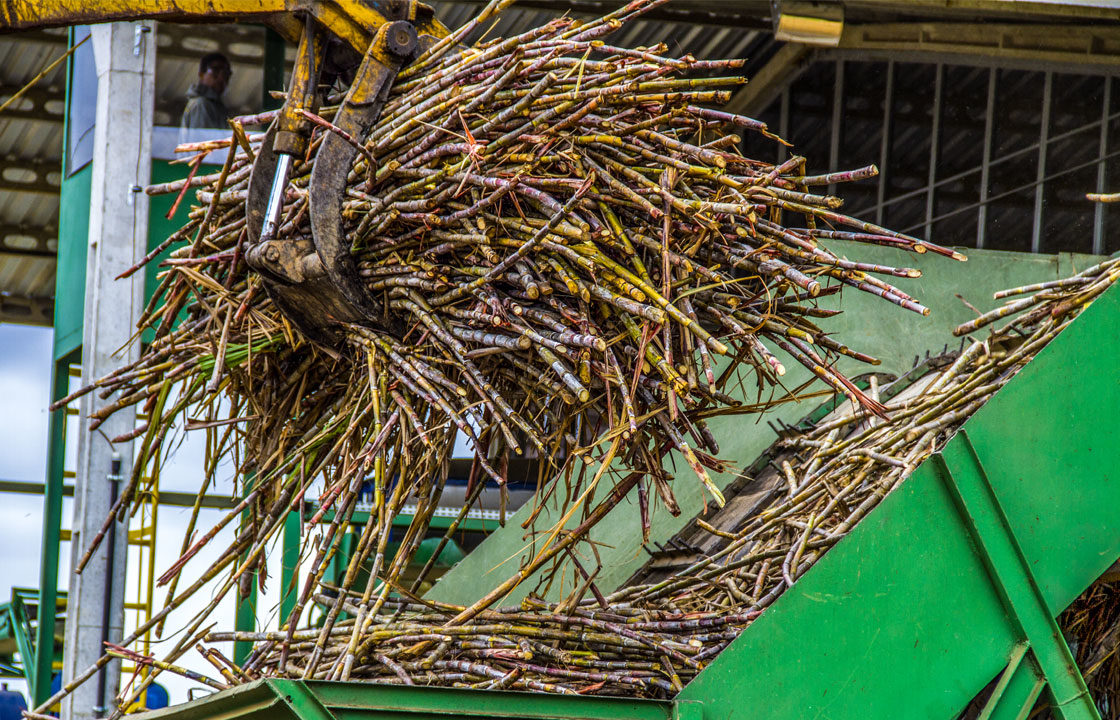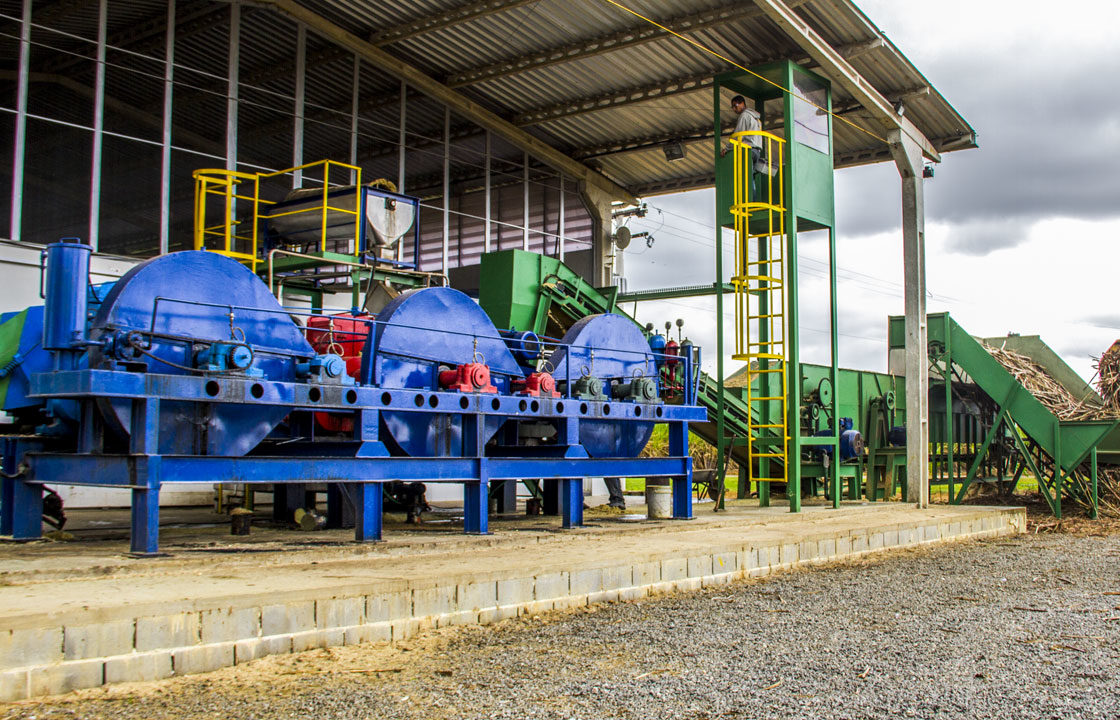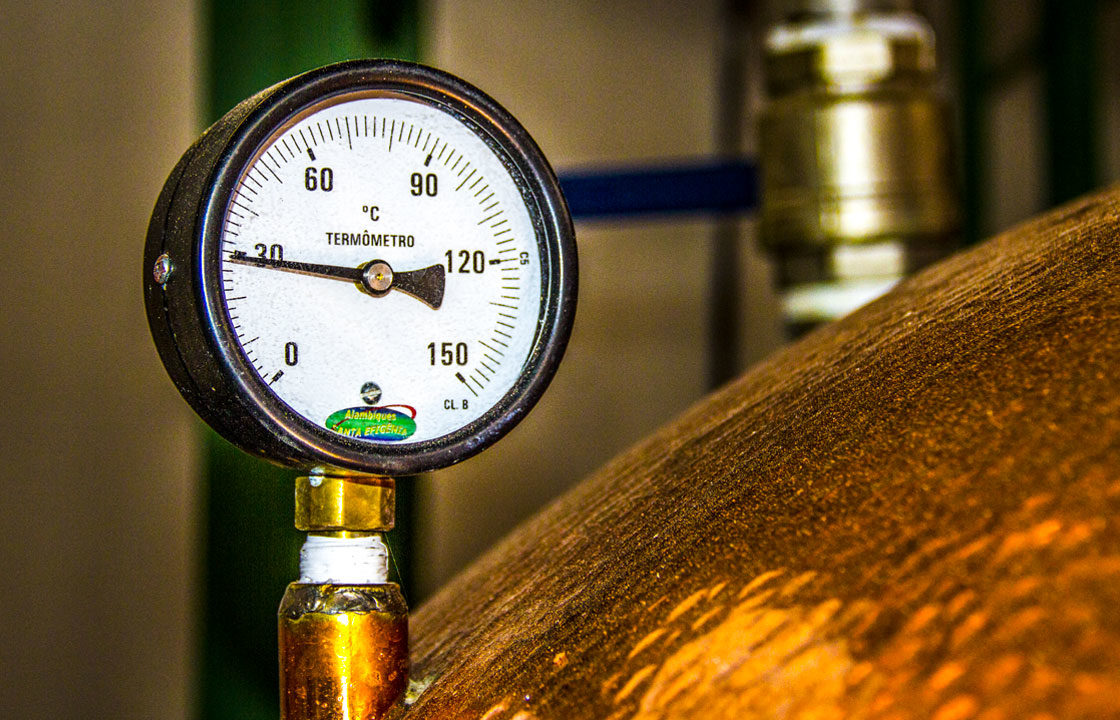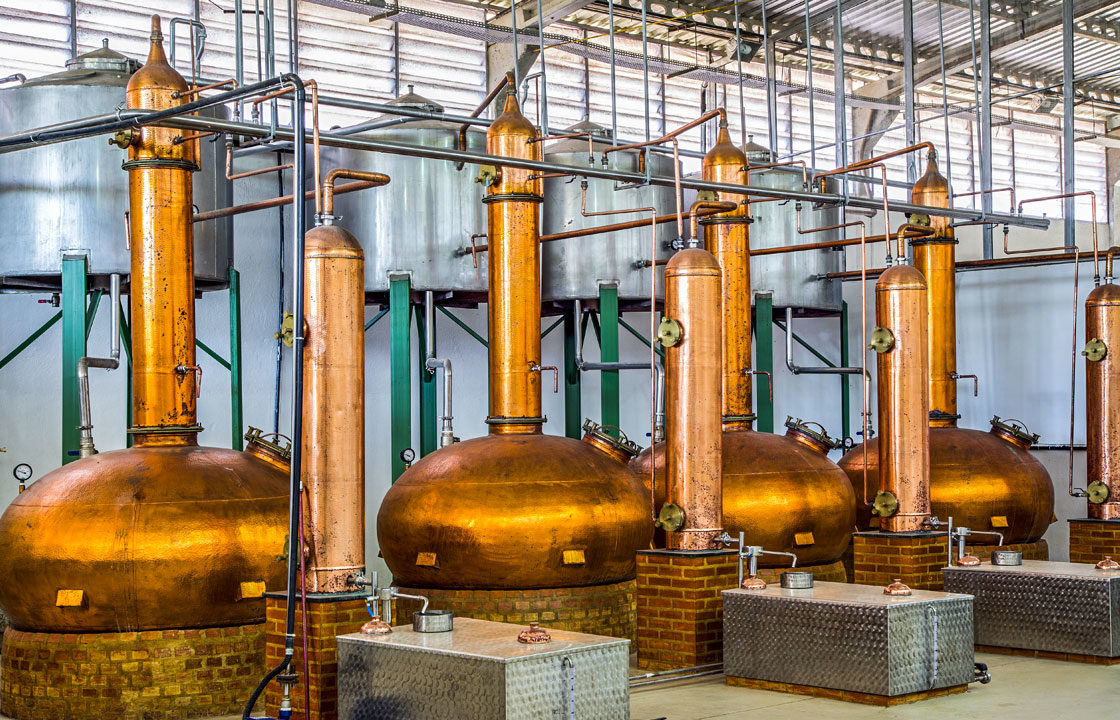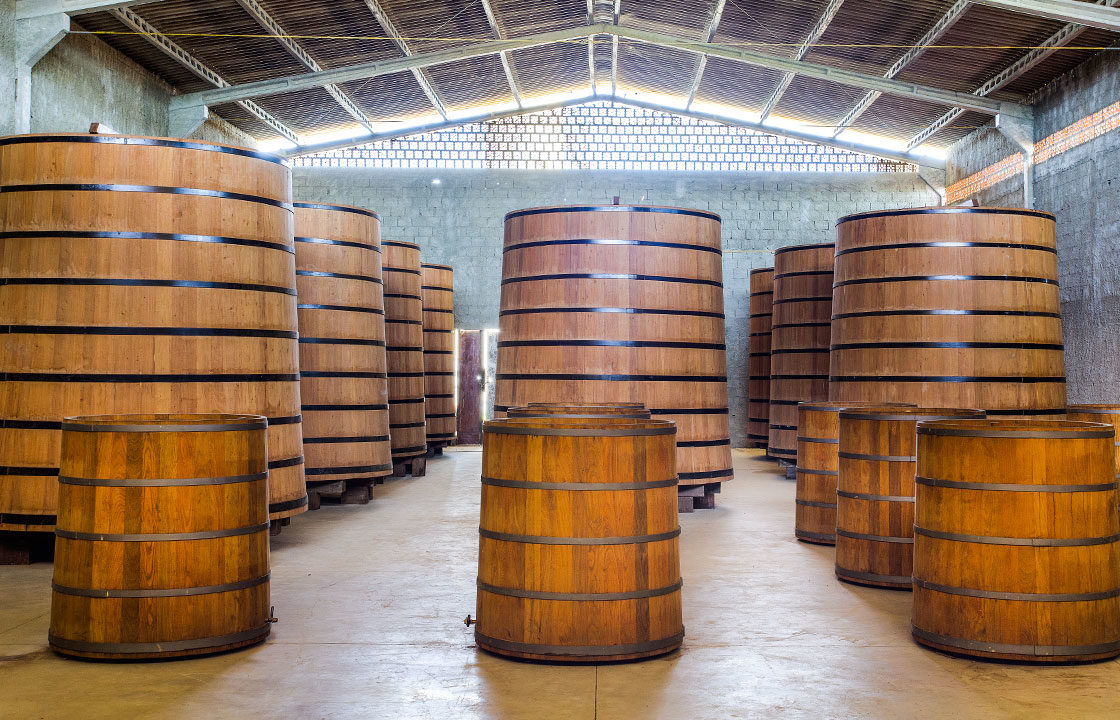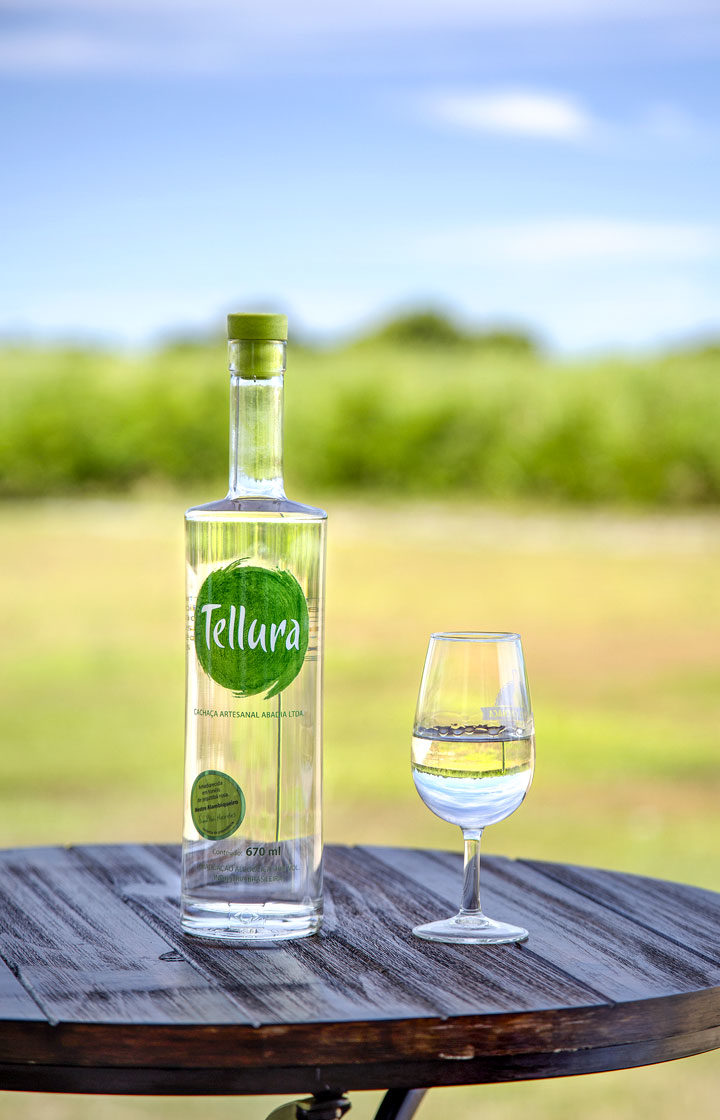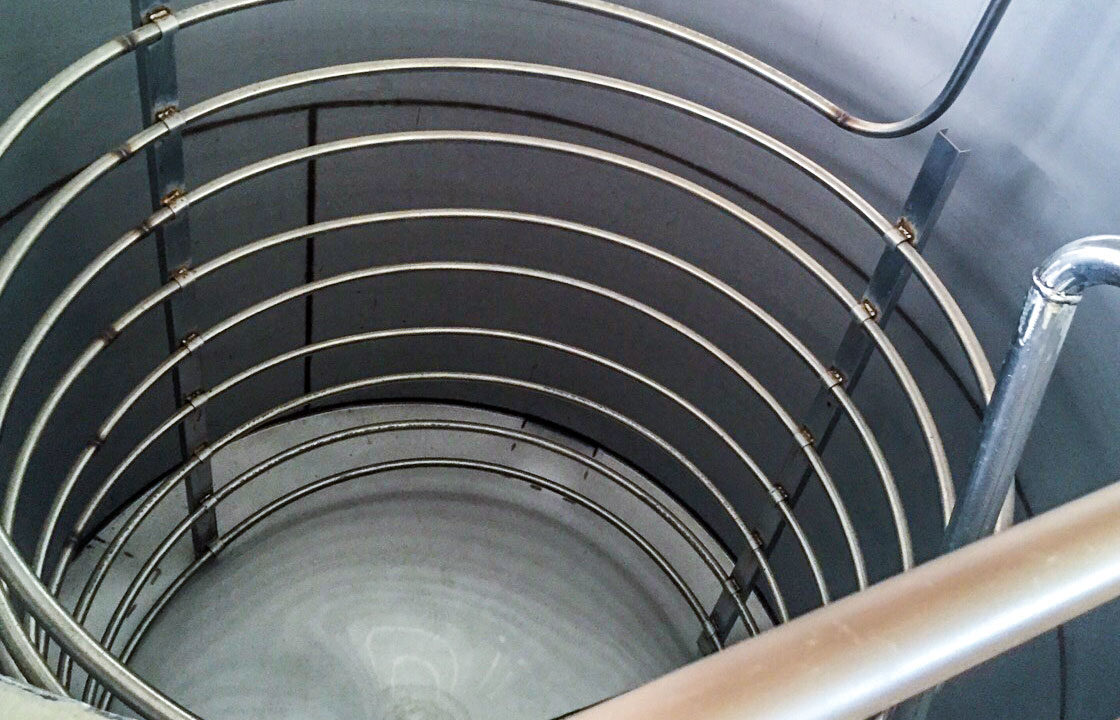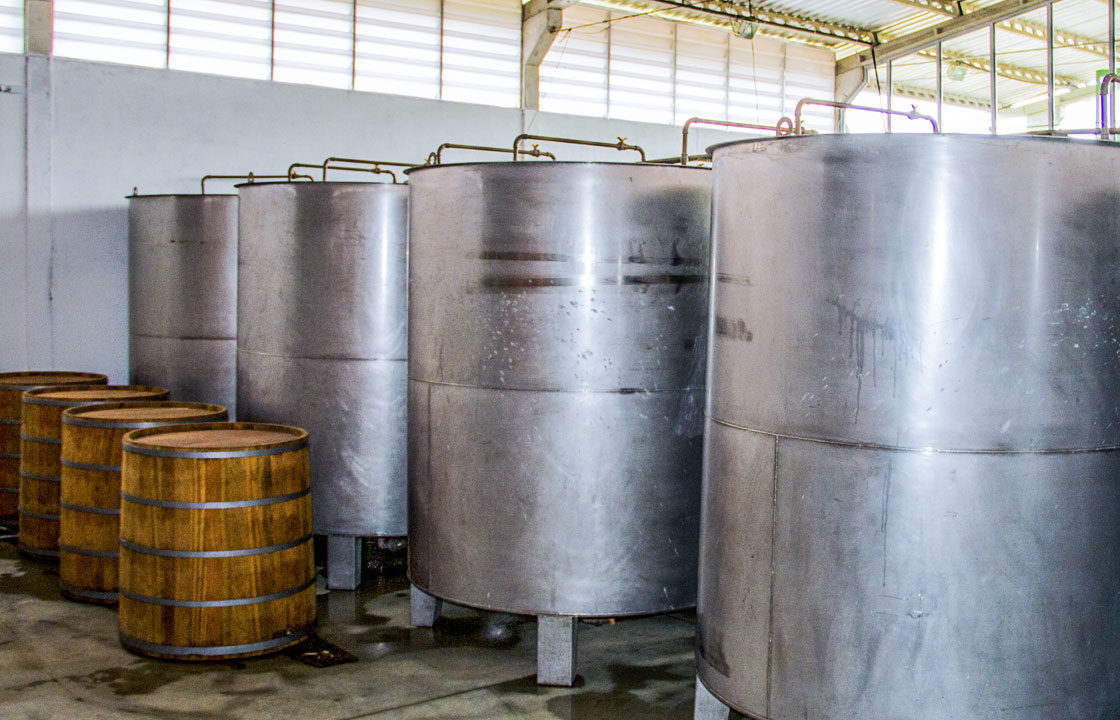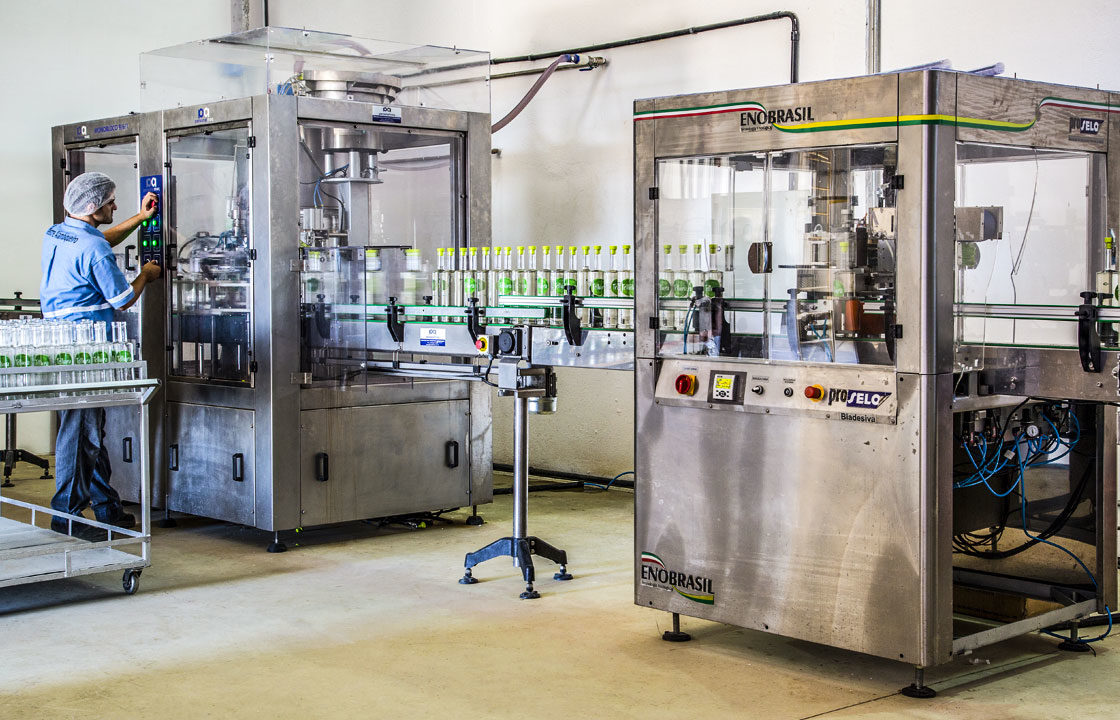Cachaça Tellura is produced in Campos de Goytacazes City, in Fazenda Abbadia (Abbadia farm), with a tradition of over 100 (a hundred) year in the culture of sugarcane.
The history of the cachaça production in Abbadia farm is very old. In the book “Centenário da Independência do Brasil” (Centenary of Brazilian Independence) – Álbum do Estado do Rio de Janeiro (State of Rio de Janeiro Album), 1922, Clodomiro R. Vasconcelos – it can be observed that in 1920, the Abbadia sugar mill, (stablished in Abbadia farm before) produced 27,000 bags of sugar and 530 barrels of cachaça.
Returning to its tradition, Abbadia farm resumes producing cachaça in cooper stills, the real Cachaça-Art.
The care needed to obtain high-quality cachaça starts in the planting and in the attention given to the plantations. The Alambique Tellura plantations are all irrigated in a way that the plants always have good feeding during all the germination and growing period.
The harvest is manual when the plants are ripe. All the sugarcane is removed of the straw and freed of solid dirt.
The juice is extracted by three continuous grindings and conducted to the decantation tubs by decanters and filters. The sugarcane juice is diluted with water previously treated with active coal and ultraviolet lamps.
The sugarcane juice fermentation is made with selected ferment (saccharomyces cerevisiae), free of any harmful bacteria. The result is a clean and controlled fermentation producing high yield and superior quality wine.
Alambique Tellura takes good care of the hygiene of the plant and of the entire production process in order to obtain control of the infection processes. Pipes and stainless steel containers are daily cleaned with steam. In intermittent periods acids and bases are used in order to intensify and totally eliminate the bacterial infections.
Distillation is performed once in copper stills with 48 alcohol by volume, or 48 degrees Gay Lussac (GL), having the steam as an energy source. For the manufacture of cachaça, in the Alambique Tellura, only the distillation of the heart is utilized. The beginning and the end of the process of distillation (head and syrup) are eliminated so that the chemicals, harmful to health are avoided, such as methanol and aldehydes.
Concerned about the environment and sustainability, Alambique Tellura makes good use of all waste generated in the manufacturing process. Sugarcane bagasse is burned in the boiler to generate steam which is used in the funnel and the remainder is used as animal feed as well as the dry yeast. The vinasse is used in fertigation of plantations.
All manpower is qualified. The Alambique Tellura has professionals with extensive experience and specialized training in the production of quality cachaça, making its product a market differential, the real cachaça-art.
 en
en pt
pt